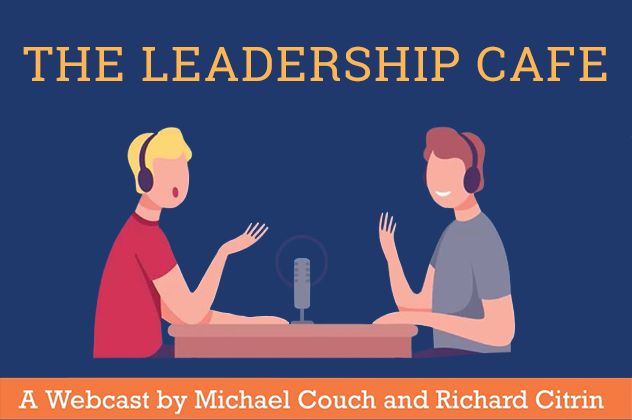With my new focus on working with individuals in addition to my corporate consulting, I’ve received several calls from folks regarding their careers and career satisfaction.
One new client has been in his role for twenty years, has advanced in his career into a leadership role responsible for scores of people, and finds himself dissatisfied with the work he is doing as a people leader. He loves the people he works with but finds the political infighting and administrative and regulatory requirements onerous and depressing.
He wants to get back to doing the work he loves.
I’ve been studying and working on career development since graduate school. One of my first professional articles, (cited on page 4), co-authored with my advisor, focused on developing a “professional portfolio” of work rather than a resume. Our idea was to go beyond words on a page to a display of work products; It was an early advance on “outcomes” rather than activities. Several years later, I co-authored my first book, “How to Find a Job in Dallas-Fort Worth, which became a part of a national series of books in different communities.
Over the years, I’ve discovered that one of the most important and valuable aspects of career satisfaction is what we’ve accomplished and how well our work aligns with our values.
I’ve identified several critical values that contribute to our work happiness. These include:
- Geography and location: This value relates to where we want to live in the world, and today, it is also about remote work and its value to our preferred lifestyles.
- Working Conditions: Workspaces are constantly changing from private offices to open concepts, and now back to creating private spaces. Working together in person or virtually feeds your creativity and stamina; today, choices exist.
- People Environment: Even in our remote workspaces, the people we interact with help us get things done, provide respite from the intensity of the day, and help share our work responsibilities. In research on work engagement, the Gallup Organization identified “having a best friend at work” as the number one criterion for work satisfaction.
- Goals, Values, and Purposes: Today, employees want to know that their organization is doing something for good. Companies spend a great deal of time on mission and vision statements, and translating these to employees who can see this value put into action creates a powerful tool for aligned work and personal satisfaction. Is this important to you, and does your company demonstrate it?
- Salary and Level of Responsibility: Most people know by now that money and prestige are not the most important factors for people in their work, but they are critical factors. Like my client above, recognition is about money and leadership.
- Personal Dignity: How we are seen as people in the workplace has moved up on my scale of values as my clients tell me that being respected for their ideas and values is essential. Employers who miss this or fail to value it, often lose people without knowing why.
Today’s workplace is changing once again. Just a few years ago, employees held the edge in opportunities. Today, we are shifting towards employer empowerment as layoffs continue and artificial intelligence brings the promise (or dread) of higher productivity expectations.
What is most important is for us to see that we can enable our careers rather than expecting or wanting someone else to make it happen. Careers can be random events spurred on by fate or crises, but they are much more rewarding and satisfying if we can make them happen on our own terms.
Fifteen years ago, I lost my last corporate job to a reduction in force. While I was panicked initially, I sought the help of a career coach who guided me through much of my process (I educated him), and in a matter of a few months, I was on my way to a career as a consultant and coach. This is the work I was meant to do, and you should be doing the work that you were told to do.
© Richard Citrin 2024

